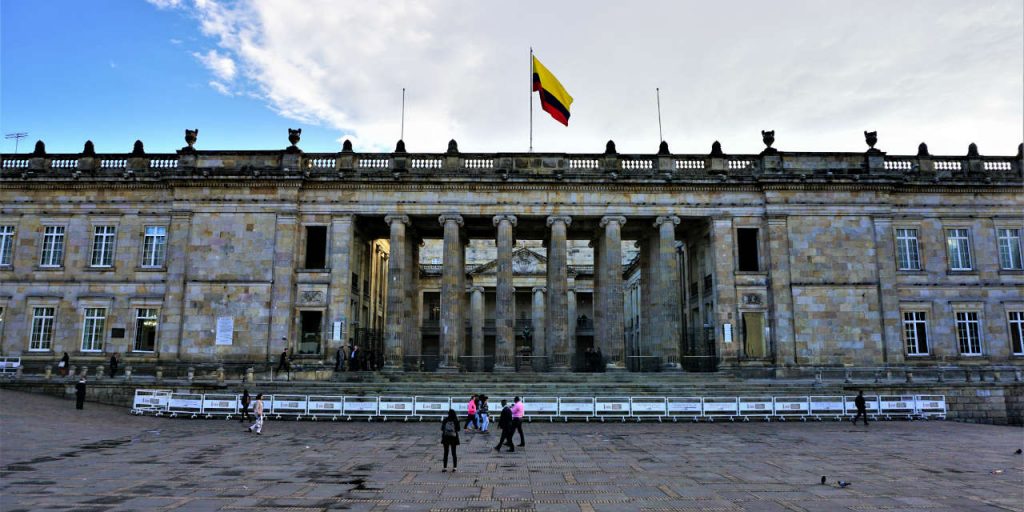Colombia’s new Congress is sworn in on Friday as the coalition of President-elect Ivan Duque is embroiled in a power struggle.
The new congress coalition is led by the hard-right Democratic Center (CD) party of former President Alvaro Uribe, who spent the past four years opposing the coalition led by the U Party of outgoing President Juan Manuel Santos.
Meet Ivan Duque’s cabinet, Colombia’s new bosses
New president, almost the same Congress
Duque’s victory does not mean that the “uribistas” are back in control. The CD formed a coalition with the parties that were loyal to outgoing President Juan Manuel Santos over the past four years.
The parties joined Duque’s coalition in order to maintain political power, and their access to the lucrative government contracts that will be divided between coalition partners, despite ideological differences.
This has left opposition to the government entirely to the left, which has grown substantially after the March 11 elections and will be led by Gustavo Petro, the losing candidate in the presidential elections.
Duque’s support in the Senate
Whether the president can maintain his level of dominance in Congress is uncertain; one Conservative Party senator is already in jail on election fraud charges and multiple others could face the same fate.
The return of Petro is also a liability; the last time that the former guerrilla and former Bogota mayor was in Congress, he triggered criminal investigations that imprisoned more than 60 lawmakers.
Bad start for Duque: election fraud probes weaken coalition of Colombia’s president-elect
A coup within the coalition?
As if Duque’s ability to govern wasn’t enough of a challenge already — the president-elect has no executive experience — a power struggle has emerged within his coalition.
The moderate parties do not share the radical positions of the CD, particularly over an ongoing peace process and constitutional rights.
The U Party and Radical Change surprisingly announced a merger this week, making them — and not the CD — the largest coalition party in the Senate. The Liberal Party is the largest in the House.
This diminishes the uribistas’ power and their potential claims on slush funds even further.
Duque’s coalition
Continuity guaranteed
Congress has long been considered Colombia’s most corrupt public institution and the incoming government is unlikely to change this. Duque depends on the same dynasty politicians, political clans and corrupt legislators as his predecessor.
So, while Colombia’s voters believed they voted for change in the presidential election, the corruption-ridden legislative elections had already secured continuity in the country’s politics.
And with a more powerful opposition on the left, Duque will have to work harder than his predecessor if he wants to deliver on his campaign promises, or at least maintain a certain level of governability.


